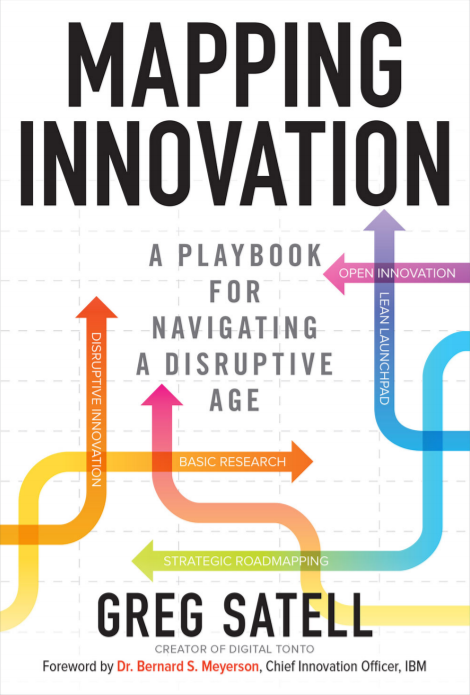 For any company to remain competitive in today’s rapidly changing marketplace, innovation must play an integral role in its business model. Industry’s greatest innovators are successful not only because they deliver superior products in the present, but also – and perhaps more importantly – because they continuously solidify their place in the future through a culture of discovery that encourages modernization and disruption.
For any company to remain competitive in today’s rapidly changing marketplace, innovation must play an integral role in its business model. Industry’s greatest innovators are successful not only because they deliver superior products in the present, but also – and perhaps more importantly – because they continuously solidify their place in the future through a culture of discovery that encourages modernization and disruption.
The amount of data is expected to increase up to ten times the current amount by 2020, and Experian looks to innovation to bring answers to the problems such increases can pose. We’re finding new ways to help business across a multitude of industries integrate the latest in data technology into nearly every aspect of their operations. Data is powering everything we do. A great example of our commitment to continuous improvement through innovation is Experian’s DataLabs operation, which Greg Satell profiles in his new book Mapping Innovation: A Playbook for Navigating a Disruptive Age.
At Experian, we saw opportunity to innovate and adapt, and proposed the creation of a separate division with the sole purpose of pursuing disruptive opportunities where there was no existing market to measure – we called it DataLabs. As Satell notes, Experian DataLabs was designed to work with our customers to map out their problems, identify new opportunities, build solutions around those opportunities and develop new capabilities for the company. With an increasingly competitive market, Experian is committed to being inventive and agile.
Embracing and sustaining this innovation has worked. In the United States alone, DataLabs has launched eight products, and has another twelve in development. We continue to work with our customers to address new problems and remain agile so we can develop new capabilities.
These insights have real world application that can help tens of thousands of Americans. As an example, small businesses – the classification of businesses that create nearly two-thirds of net new jobs in the United States – notoriously struggle to obtain loans to grow because of a perceived lack of data on their credit worthiness. Without access to credit, these businesses aren’t able to grow further, preventing them from hiring more people. DataLabs’ latest experiment concerned whether social media sites can help businesses obtain credit. By looking at social media sites we were able to help small businesses with credit verification.
DataLabs also works to help companies more efficiently use resources to target the right consumer. As an example, Experian’s DataLabs scientists analyzed billions of credit and debit card transactions to understand how population segments spent money and then used that information to build predictive behavior profiles. With this information in hand, credit card companies were able to market credit cards to specific population segments and make rewards programs more attractive to consumers in the process.
Perhaps more importantly, though, DataLabs ensures that Experian has a place in tomorrow’s economy by keeping Experian relevant in an ever-evolving marketplace.
To quote Satell, “every enterprise is a unique combination of business model, strategy and culture.” Experian is the manifestation of a culture of discovery that enables us to grow and evolve while remaining at the forefront of innovation.
Experian’s innovations continue to be recognized and we are proud to be included in Greg Satell’s insightful book. To read the complete profile of Experian, including more information on its formation, work to-date and plans to continue disrupting the future, check out Mapping Innovation: A Playbook for Navigating a Disruptive Age here.